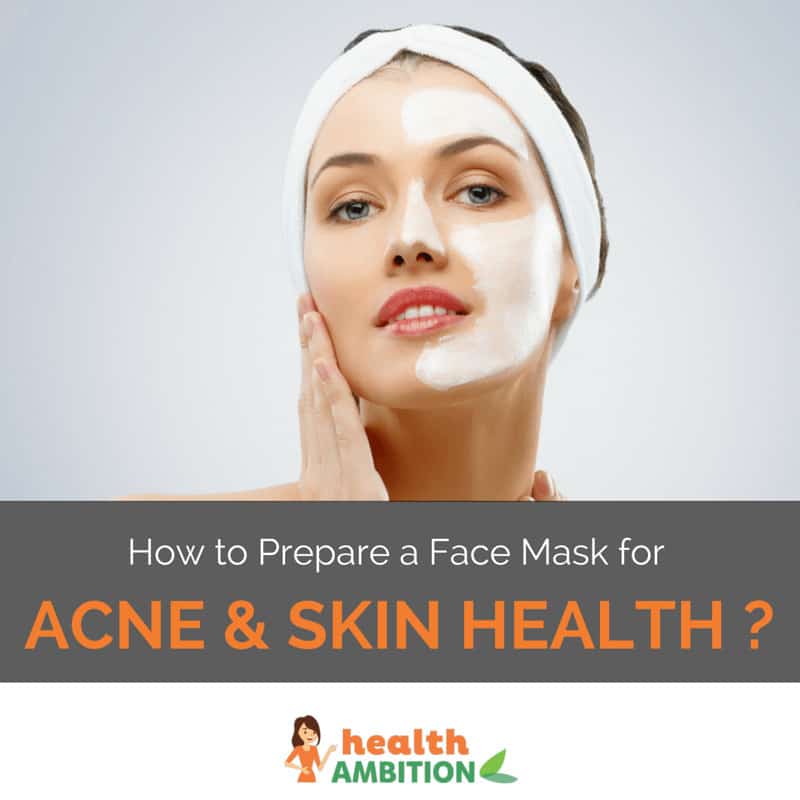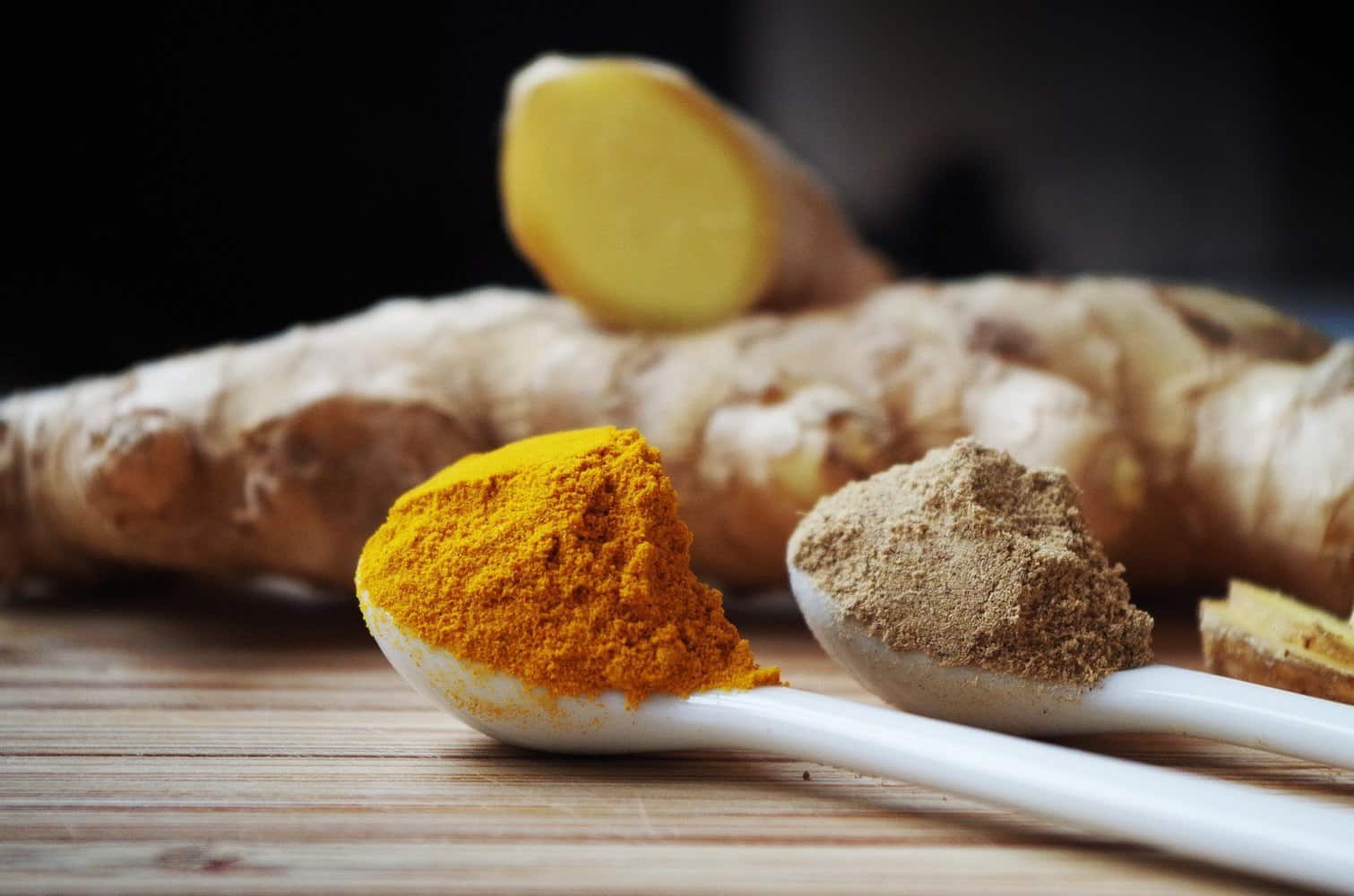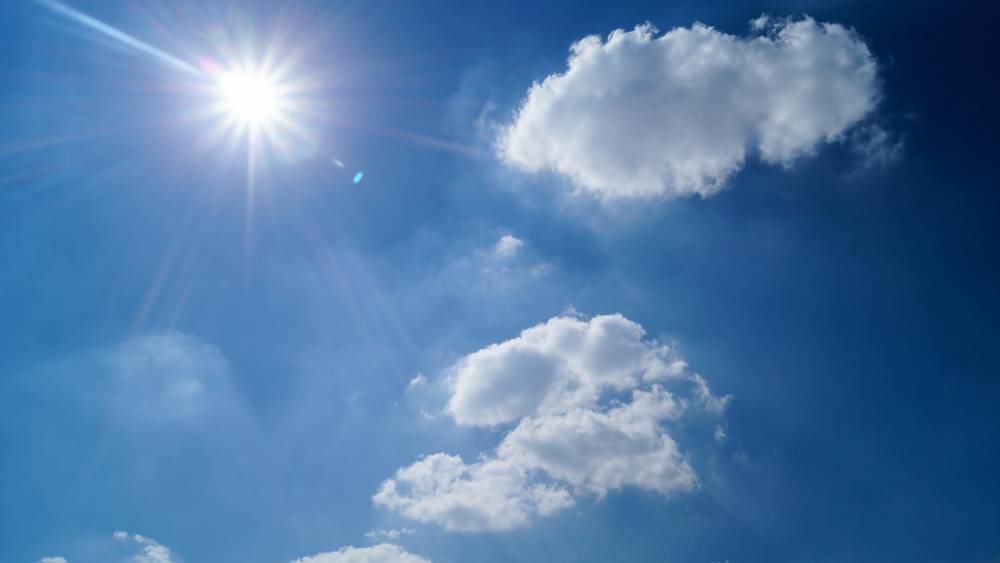
If you suffer from acne or any other skin condition, you’ve probably tried almost every product on the market already. Since you’ve stumbled across this page, chances are you’re looking for something better. Most creams and lotions aimed at improving acne and skin health are quite expensive, but did you know there’s a cheap and natural alternative? You probably have the active ingredient sitting in your cupboard already – the spice turmeric.
If you’ve ever eaten Indian food it most likely contained turmeric. But this spice more than just a seasoning – turmeric has been used as a skin remedy in Middle Eastern and Asian cultures for hundreds of years. Modern science backs it up too. I’m going to share with you how to prepare a turmeric face mask for acne and skin health.
What is Turmeric?
Turmeric is a perennial plant that’s part of the ginger family. Its root is dried and crushed to make an orange-yellow spice. It has an earthy, peppery taste and is most commonly used in Indian curries and as a dying agent. Curcumin is the active ingredient which imparts most of cumin’s skin benefits. (source)

How does Turmeric Help with Acne & Skin Health?
1. It’s Antibacterial
There have been many studies recently illustrating the antibacterial and antifungal properties of cucurmin. This is particularly useful in acne as applying turmeric to the skin can help fight the strain of bacteria involved – p.acnes.
In more severe cases of acne, patients are commonly prescribed oral antibiotics long term. Of course this has a much more potent effect than a turmeric face mask but one study did show that curcumin is 36 times stronger than a pharmaceutical antibacterial commonly used in acne gels (azelaic acid). If you’re wary of the side effects of pills for acne, and have mild acne, a turmeric face mask might be for you.
2. It Lightens Dark Spots
Unwanted dark spots on the skin such as age spots or sun damage are a result of an accumulation of melanin. It seems that curcumin can decrease melanin production by a rather complex mechanism.One study found that turmeric prevents pigmentation due to sun exposure. Another study used a cream containing turmeric’s active ingredient on 50 patients. The result was a skin lightening effect comparable to existing medicated creams, but without the unpleasant side-effects. (source)
3. It Has Anti-Aging Effects
Turmeric can slow the effects of aging on skin. It sounds like an outrageous claim but there’s plenty of evidence to back it up. A study found that women between 40 and 60 who used a cream containing turmeric for 8 weeks experienced a 1% improvement in wrinkles and fine lines compared with the placebo. (source)
4. It’s Also an Anti-Inflammatory
Turmeric’s anti-inflammatory properties are useful in many different skin conditions – from acne to eczema and rosacea. Inflammation is one of our body’s defence mechanisms which is responsible for redness, swelling and pain. When it’s working correctly, it’s great, but in many chronic skin conditions it malfunctions and we are left with chronic symptoms. (source)
5. It Helps with Oily Skin
Turmeric is a natural oil-control remedy – again, great for acne or if you’ve always got a shiny T-zone. It works by reducing oil production from the sebaceous glands. Studies have shown that long-term application of turmeric gives the best results. Between 4 and 10 weeks of daily use, oil-production had reached 25% of the initial amount. (source)
6. It Can Protect Your Skin from Sun Damage

It may sound crazy but this curry spice is also a natural sunscreen! Studies have found that applying turmeric to skin before sun exposure can help prevent wrinkles and dark spots while also ensuring elasticity and moisture are retained. (source)
7. It May Be Useful in Psoriasis
“PhK” is a compound which is raised in patients suffering from psoriasis. Research has found that curcumin helps inhibit PhK and thus decreases the severity of the condition. Oral turmeric consumption is associated with an improvement of over 80%. More effective than prescription drugs in some cases. (sources 1, 2)
How to Prepare a Turmeric Face Mask For Acne & Skin Health
There are lots of different recipes for turmeric face masks. I think it’s best to start with the basics – all you need is a vehicle to get the powder onto your skin. Anything else is just a bonus. (source)
You Will Need:
Instructions:
- Put the turmeric and honey into a bowl and mix until all of the turmeric has been incorporated into a paste
- Slowly add milk to dilute and achieve the desired consistency (more than 1tsp may be used depending on your preference)
- Remove all makeup and wash your face with warm water
- Apply the mask all over your face and allow to dry for not more than 20 minutes
- Wash the mask off with warm water
- Repeat daily until you see an improvement in your skin
Cautions
Although a turmeric face mask is all-natural, there are some points to consider before using it. Some people may have a skin sensitivity to turmeric, leading to rashes and irritation. Always do a patch test on a small area of skin before applying it to your whole face. (source)
As you can tell by looking at it, turmeric powder is extremely pigmented. So much so that it is used as a colorant or dye. That means it can stain your skin, clothes and anything else you spill the mask on.
To avoid this, don’t leave the mask on for longer than 20 minutes and cover your shoulders with an old towel in case it drips. If your skin does get stained, it will come off with a little warm water and cleanser. (source)
If you have a health condition, are pregnant or are taking a prescription medicine such as blood thinners, turmeric may not be suitable for you. Check with your doctor if this is the case as some interactions can be dangerous. (source)
Conclusion
I hope this article has helped you. I don’t suffer from acne myself so I only use this mask occasionally – mostly in summer when I’m out in the sun more than usual. It’s definitely improved my dark spots. They’ve faded and there are fewer of them!
Let me know how you get on with this turmeric face mask in the comments. If you have made any additions to the basic mask recipe I’d love to hear about them too.
Leave a comment